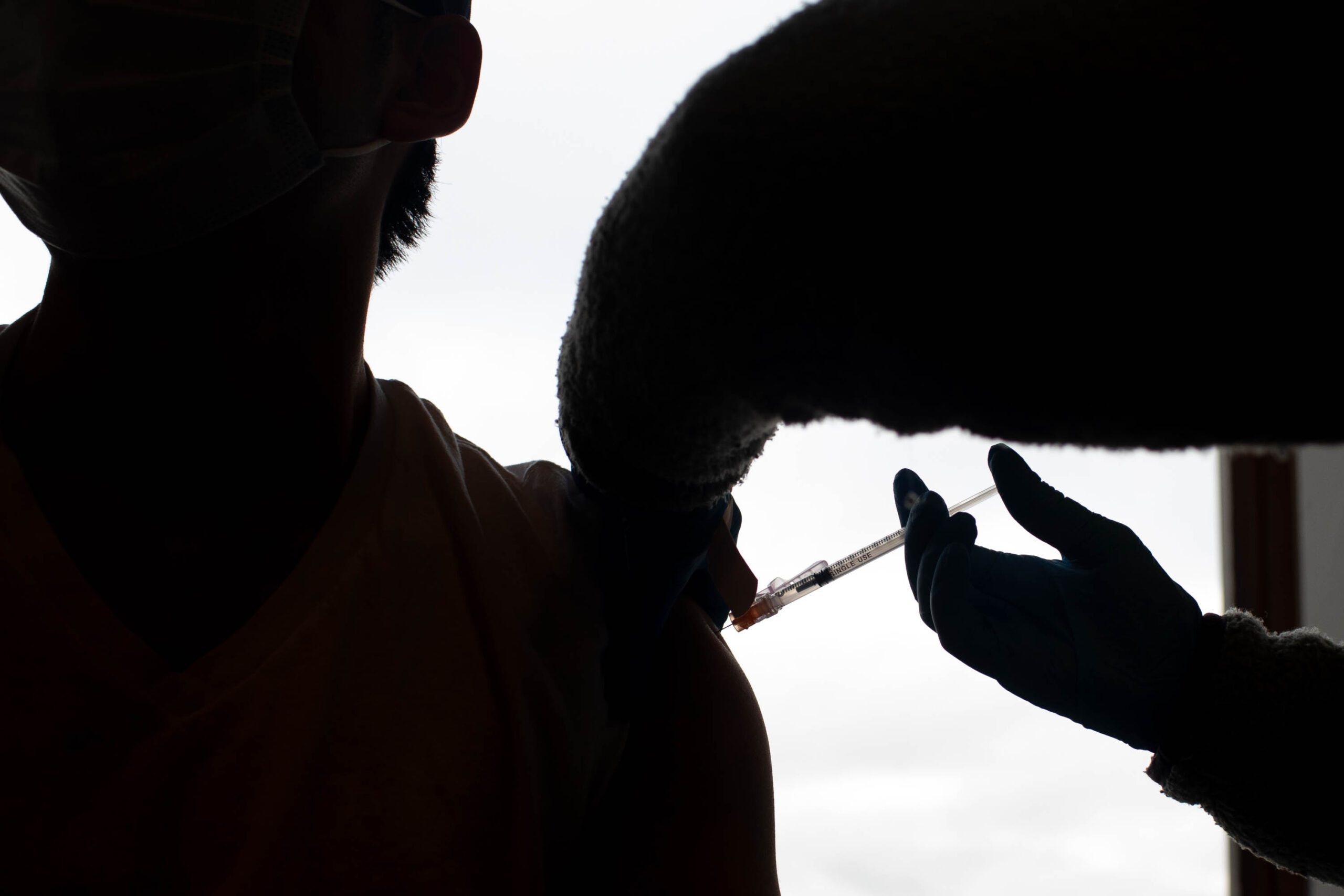Whooping Cough Cases Rise in Whatcom County: What You Need to Know
Whooping Cough Alert: What to Know for Whatcom County
The air is buzzing with chatter about whooping cough in Whatcom County. You may have heard whispers of increasing cases lately, and if you’re scratching your head wondering what it all means, you’ve come to the right place. Not only will we dive into the nitty-gritty of whooping cough, but we’ll also arm you with the knowledge you need to keep yourself and your loved ones safe. So, grab a cup of coffee, settle in, and let’s get started!
What is Whooping Cough?
First things first—let’s break down what whooping cough really is. Officially called Bordetella pertussis, this highly contagious respiratory disease is not just a winter nuisance. It often starts like a common cold, but take heed! It can quickly escalate into something that feels like a bad horror movie: relentless coughing fits that leave you gasping for breath (yep, you read that right!).
How Does it Spread?
So, how does whooping cough leap from one person to another? Simple! It spreads through tiny droplets that are expelled when someone coughs or sneezes. Think of it like a game of tag, but instead of tapping someone on the shoulder, you’re sending them an unwelcome respiratory invitation. Anyone—kids, teens, and adults—can catch it, but babies are particularly at risk, and that’s where serious complications can come into play.
What’s Happening in Whatcom County?
Lately, what’s been brewing in Whatcom County? Reports indicate a rise in whooping cough cases—five confirmed cases since October 21st. Worrying, right? Health officials are raising the alarm and urging everyone to take the situation seriously. If you’re a resident, this is not just a statistic; it could affect your family, friends, and community at large.
The Current Situation
Why is this uptick in cases making waves now? There are multiple factors at play, including vaccine hesitancy, low vaccination rates in certain areas, and the natural ebb and flow of diseases. Health officials are stressing that vaccination is the key to protecting yourself and your little ones from this pesky disease.
Symptoms to Watch Out For
Understanding the symptoms is crucial. Here’s what to look for so you can catch whooping cough before it turns into a full-blown issue:
-
Initial Symptoms:
- Runny nose
- Mild fever
- Slight cough
-
Coughing Fits:
After one to two weeks, a severe coughing spell may occur, often leading to the characteristic “whoop” sound when gasping for air. -
Recovery Phase:
The coughing can linger for weeks, which can be incredibly exhausting and unpleasant.
As you can see, identifying whooping cough isn’t as easy as pie. You might think it’s just a run-of-the-mill cold, but don’t be fooled!
When to Seek Medical Attention
So, when should you ring up the doctor? If you or your child experience severe coughing fits or any breathing difficulties, it’s time to get checked out. It’s better to be safe than sorry, right?
Vaccination: Your Best Defense
Now that we’ve covered the symptoms, let’s get to the nitty-gritty of prevention: vaccinations.
The DTaP and Tdap Vaccines
The wonderful news is we have effective vaccines to combat whooping cough:
-
DTaP: This vaccine is given to children under seven years old and protects against diphtheria, tetanus, and pertussis (that’s whooping cough for those who didn’t follow along!).
-
Tdap: This is a booster vaccine for older children, teens, and adults. It’s crucial for pregnant women too since they can pass antibodies to their newborns.
If you or someone you know are due for a vaccination, don’t wait!
Why Vaccination Rates Matter
In Whatcom County, health experts are expressing concern about the current vaccination rates among children. Low rates can lead to outbreaks—like the one we’re witnessing now. When enough people are immunized, we build herd immunity, which means even those who can’t be vaccinated (like newborns) are indirectly protected.
Community Response: What’s Being Done?
The local health department isn’t just sitting back and twiddling their thumbs. They’re mobilizing efforts to increase awareness and vaccination rates. Here are some steps being taken:
- Outreach Programs: Schools are being contacted to educate parents about the importance of vaccinations.
- Clinics and Events: Pop-up clinics may be organized to make getting vaccinated super easy.
As community members, we also play a crucial role—getting the word out, encouraging fellow parents to vaccinate, and keeping everyone informed.
What Can You Do?
Now you’re probably wondering how you can personally contribute to stopping the spread of whooping cough:
- Get Vaccinated: Ensure you and your family are up to date on vaccinations.
- Stay Informed: Keep an eye on news updates from local health authorities.
- Practice Good Hygiene: Wash your hands frequently and cover your mouth when you cough or sneeze—think of it as a simple act of kindness.
- Keep Sick Kids Home: If your child shows any symptoms, keep them at home to prevent spreading the illness.
Importance of Open Discussions
Conversations around vaccinations can be tricky. It’s essential to approach them with openness and understanding. Encouraging dialogue can demystify the complexities surrounding vaccinations and help allay fears based on misinformation.
Conclusion
With the recent rise in whooping cough cases in Whatcom County, it’s more important than ever to stay informed and proactive. This respiratory illness may start innocently but can escalate quickly, particularly for our youngest and most vulnerable. As a community, we need to rally together, boost our vaccination rates, and educate ourselves and others. Everyone plays a part in keeping our community healthy!
Let’s turn the tide on whooping cough and ensure our families are protected. Remember, knowledge is power, and sharing that knowledge can make a world of difference!
FAQ
1. What are the main symptoms of whooping cough?
The primary symptoms include runny nose, mild fever, and intense coughing fits, often followed by a distinct “whoop” sound when inhaling.
2. How can I protect my baby from whooping cough?
Make sure to get vaccinated during pregnancy. This will pass antibodies to your baby. Keeping your environment germ-free and minimizing exposure to sick individuals also helps.
3. What should I do if I think I have whooping cough?
Seek medical attention right away, especially if you’re experiencing severe coughing fits or difficulty breathing.
4. Are there any side effects from the whooping cough vaccine?
While like any vaccine, there can be side effects (such as fever, irritability, or soreness), serious effects are rare. Benefits of vaccination far outweigh these risks!
5. Can adults get whooping cough?
Absolutely! Adults can catch whooping cough, especially if they haven’t had a booster vaccination in years, which is why staying up to date is essential.






